It’s been a long time since the initial release of Mortal Kombat: Deception. Why bring that up? Well, that was the last time we had a full-featured single-player extravaganza of mini-games that went beyond the usual trappings of a fighting game. After many years of the team focusing solely on story modes and online multiplayer, there’s a renewed effort to fill the game with other content.
Related: Mortal Kombat 1: Characters That Need To Make An Appearance
The Slow Death of Fighting Games in the 2000s
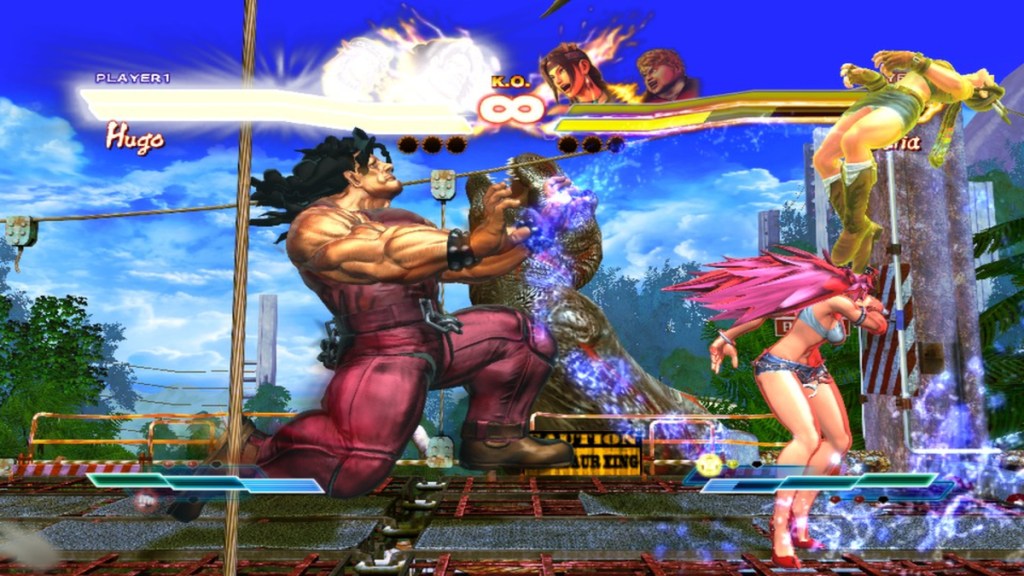
I hate to be the bearer of bad news, but the fighting game community has changed since the early 2000s. For one, the overall popularity of fighting games saw a decline shortly after the release of Street Fighter X Tekken, when it was discovered that the disc had locked DLC on it, along with predatory DLC practices in general.
Another formerly huge franchise, Soul Calibur, failed when it was released prematurely with a barebones story mode and weak characters, two things it was known for doing better than most games in the genre. Looking back at it, this fall was mostly spearheaded by Capcom, but unfortunately, other games suffered as a result of their greed.
What Started the Single-Player Revolution in Fighting Games?
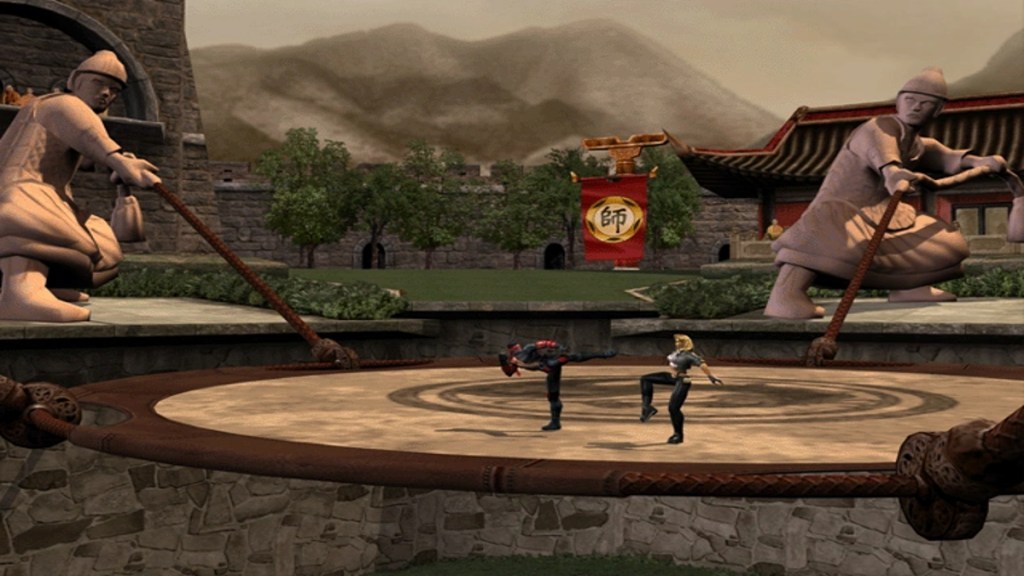
It’s no wonder that many games in the fighting genre opted to reboot and repackage their biggest franchises, and the result was more features being stripped away. Once upon a time, in particular in the early 90s, a fighting game usually shipped with just an arcade mode and maybe a versus mode, and that was it. From my memory, it was Mortal Kombat 4 that introduced a fully acted single-player mode that helped the players connect more with the characters and reinforced the backstory into the game’s current storylines. Even today, I still remember Tanya leading Liu Kang to a death trap once she completed her story ladder.
Netherrealm Studios, which at the time was still known as Midway Games, was revolutionizing the story production and multiplayer options in the genre. They’d successfully launched their first “next-gen” Mortal Kombat title, Mortal Kombat Deadly Alliance, while at the same time securing the franchise’s transition from 2D to 3D after experimenting with it a bit in MK4. They also found a way to make in-game tutorials interesting by attaching a level-based progression mode to the whole experience, which probably helped influence similar systems that we’ve seen in Soul Calibur 2 and 3, Tekken 7, and Street Fighter 5 and 6. Of course, Deadly Alliance was just the beginning of things to come, but these ideas were a great way to reinvigorate the franchise and the other franchises in the genre.
Quiet as kept, Mortal Kombat Deception would, in my opinion, be the greatest single-player fighting game title of all time when it comes to overall value. It had everything, including extra modes such as Konquest, Chess Kombat, and Puzzle Kombat. Each of these modes was well-designed and could be considered a complete game within itself. The kept feature would also return from the previous game and be beefed up to include many more options.
The End of an Era
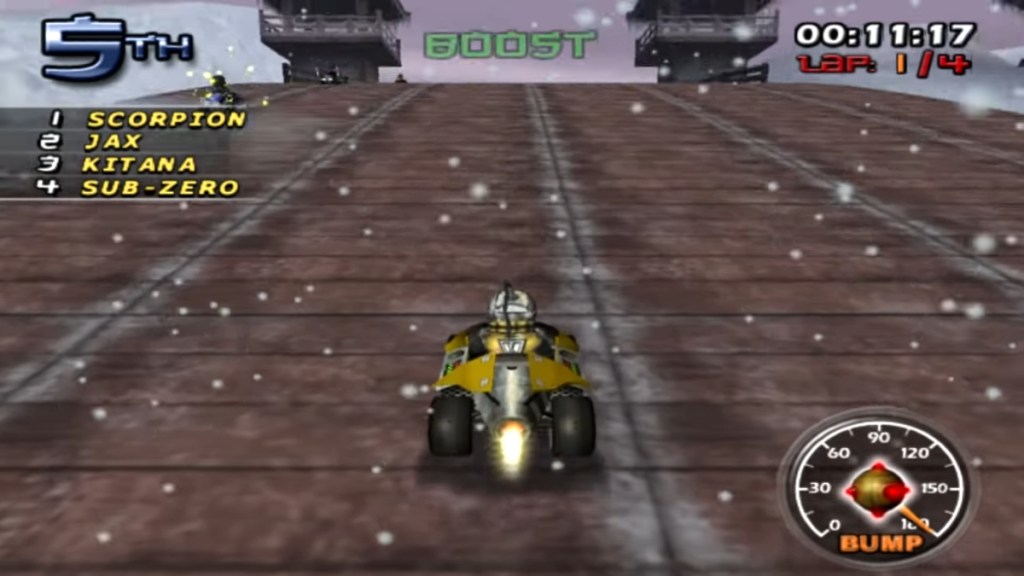
The next and last game in the sixth-gen trilogy was the aptly named Mortal Kombat Armageddon, which continued what the others had built. While it did seem like the team was reaching the end of its creativity cap, the game itself was just as feature-complete as ever. We had all of the previous Mortal Kombat rosters up until then, and each one still had access to the multiple playstyles that were introduced in Deadly Alliance. This mode was quite ambitious at the time, even for them, but they managed it all the same.
This time, instead of two minigame modes like the previous two titles, Armageddon had only one called Motor Kombat, which was easily my favorite due to the appearance of an online mode and hilarious death traps. To compensate for the lack of minigames, it added two more modes called Kreate-a-Fighter and Kreate-a-Fatality, which allowed you, of course, to create characters and gruesome fatalities. These modes were hilarious and disturbing, but at the time of release, they were widely seen as very disappointing due to the system replacing the original fatalities. Overall, while many believed that the game was a letdown, I appreciated the ambition and effort, even if it fell a bit short.
Related: Mortal Kombat 1: The Original Dark History of the Lin Kuei
So Why Should We Be Excited Again?
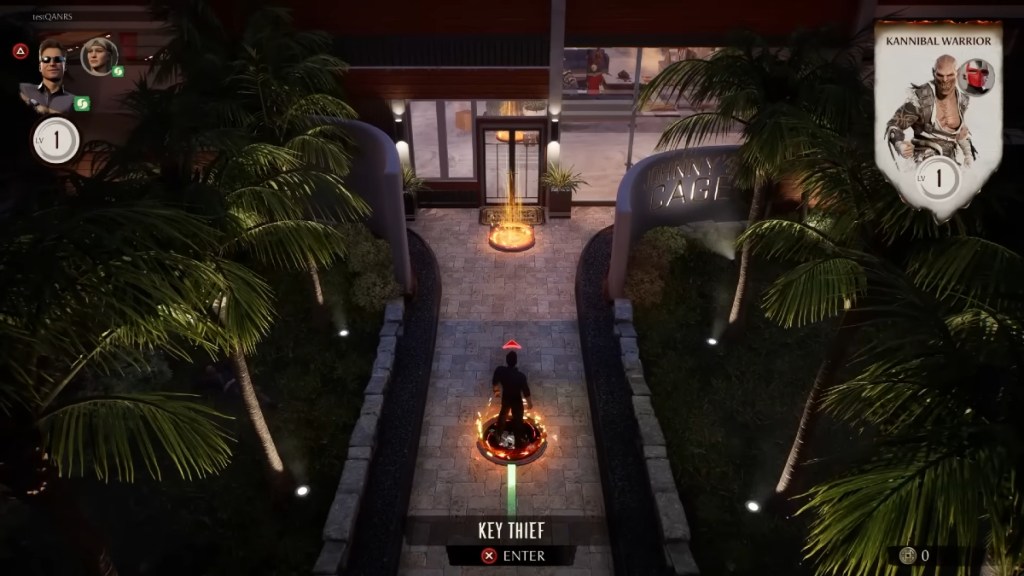
Now we circle back to the upcoming Mortal Kombat 1 and why I think it may be the best in the series. To be honest, it came down to one trailer: the introduction of Invasion Mode. When I initially saw this, it brought me back to the good old days of the “PS2” era of releases, when the games had more to do for single-player Andy’s and progression gamers. This new addition, along with the Story Mode from previous games that NetherRealm always knocks out of the park, is set to bring back the complete package from yesteryear. It’s needed at a time when the genre is going through a renaissance for casual gamers.
I’d like to see those previous features from the Deadly Alliance era return with a bit more customization and personalization for your favorite characters. Wouldn’t it be cool if you equipped Sonya Blade with new outfits and gear and leveled up some of her abilities against progressively harder enemies? Well, it seems like Invasion Mode will make that a reality for those looking for that style of gameplay. Of course, Sonya isn’t playable outside of a Kameo in the upcoming game for now, but I’m sure you get the gist of what I’m saying.
It’s no surprise nowadays, as many genres are adding role-playing style progression to their titles in many different ways. It seems like the system that NetherRealm is going for is the rudimentary leveling up and equipping of items, particularly for the interchangeable main roster. I, for one, am a fan of this system, as it always felt like it was missing from the original modes introduced in most of the previous games. In a weird way, the series is coming full circle, as the only genre it hasn’t really touched in its long history is the RPG genre.

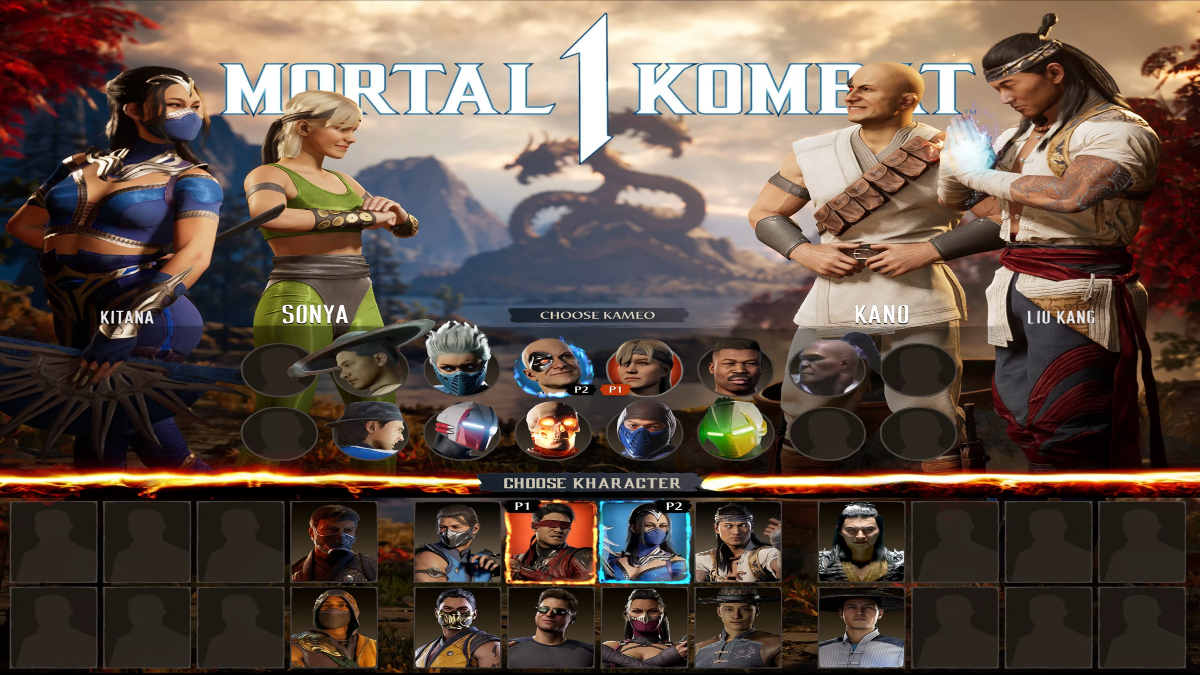
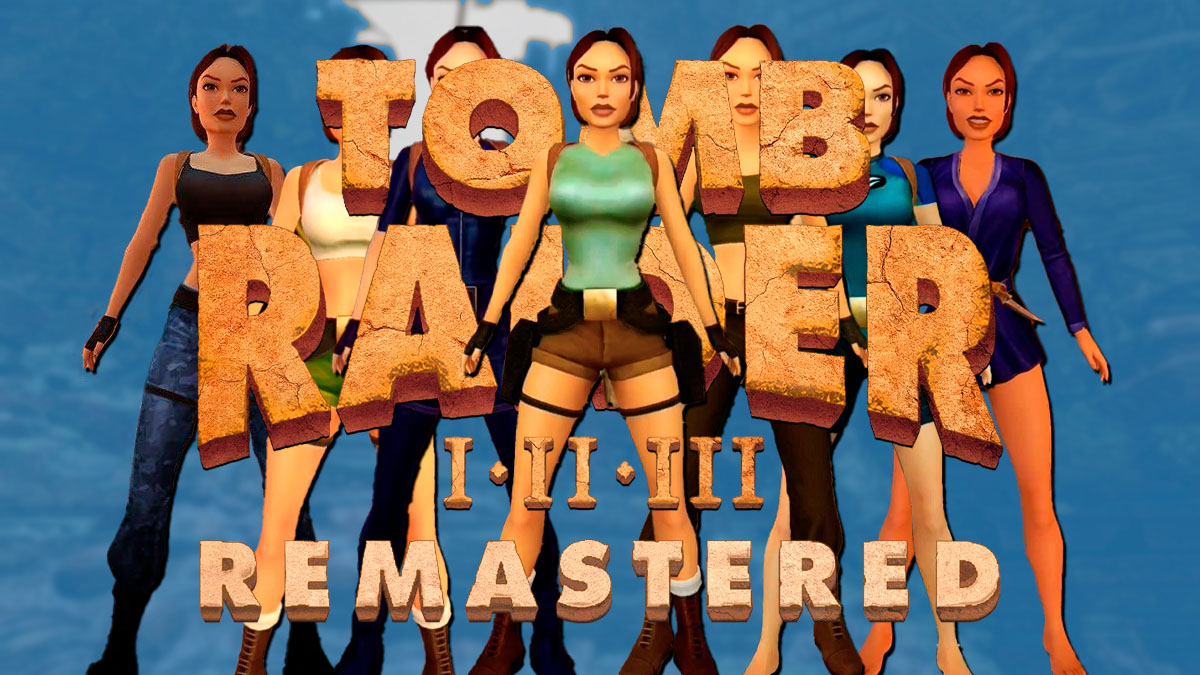
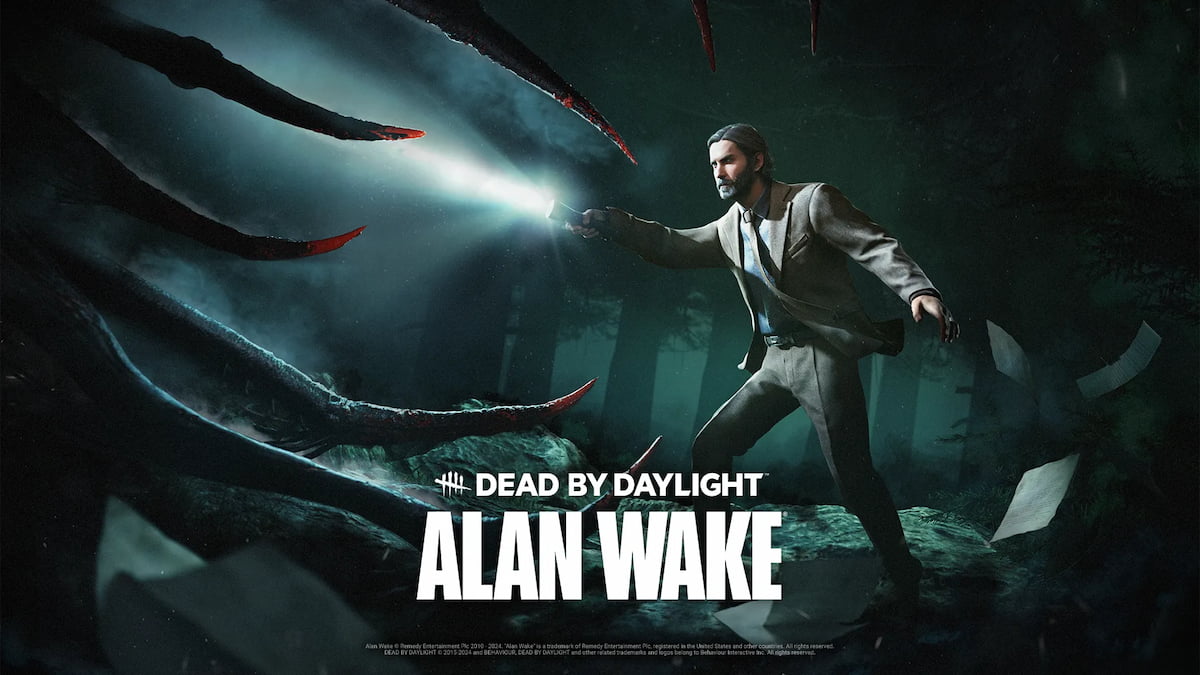
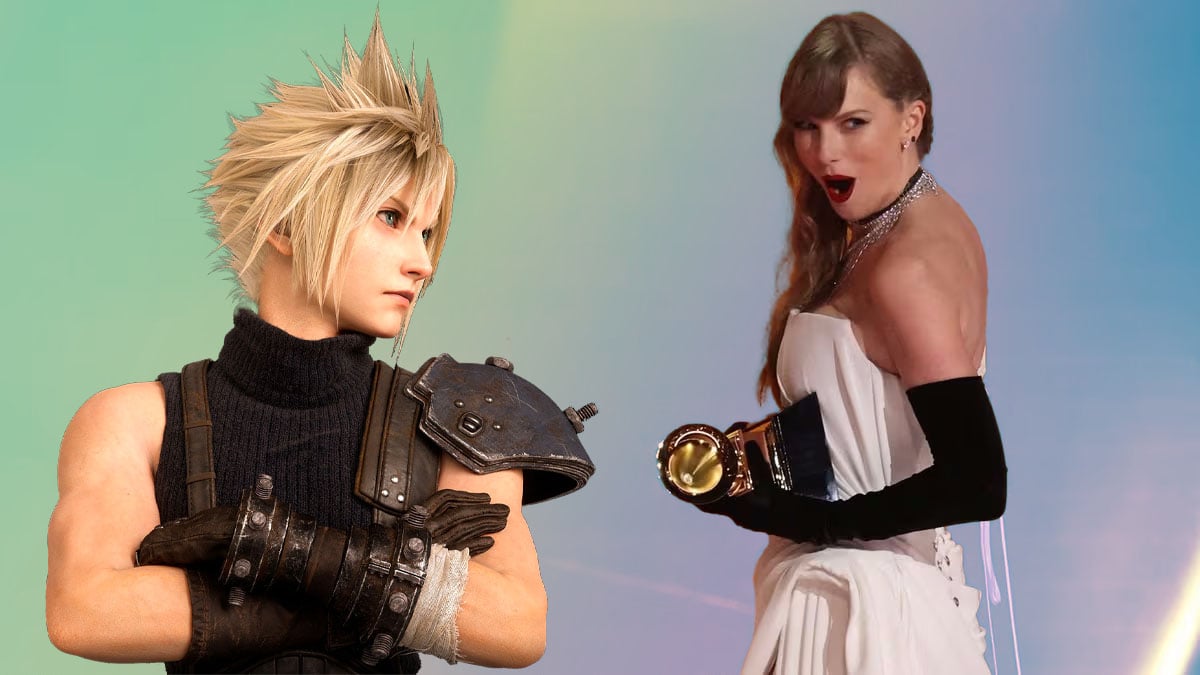
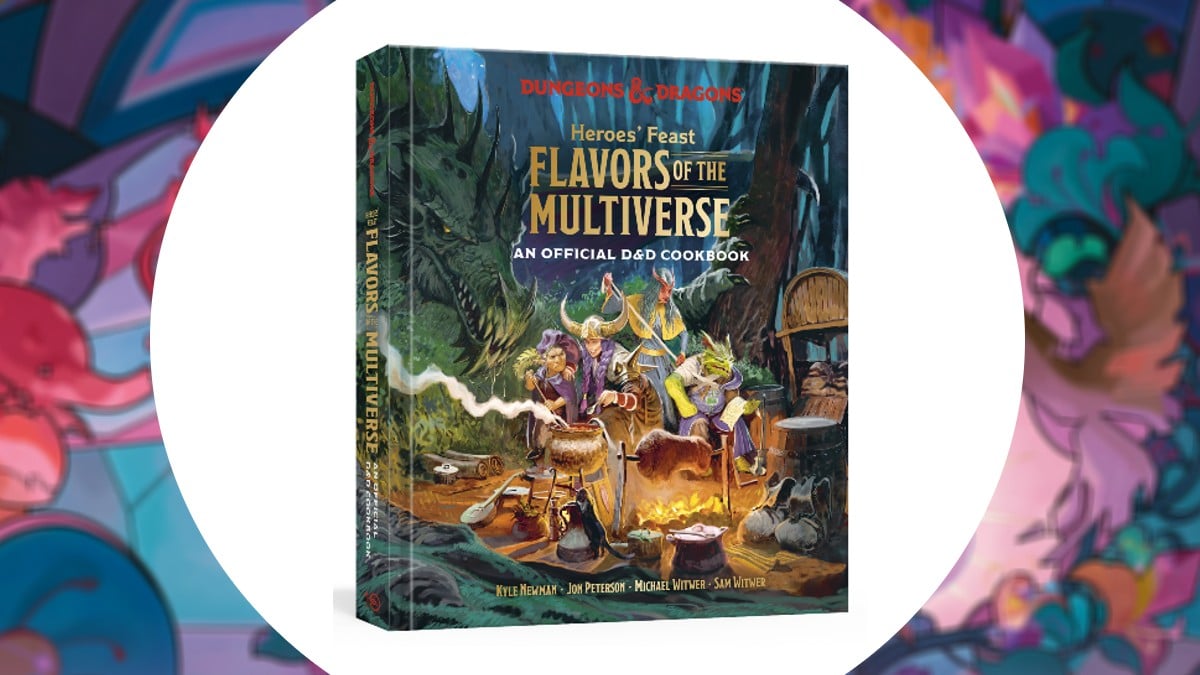
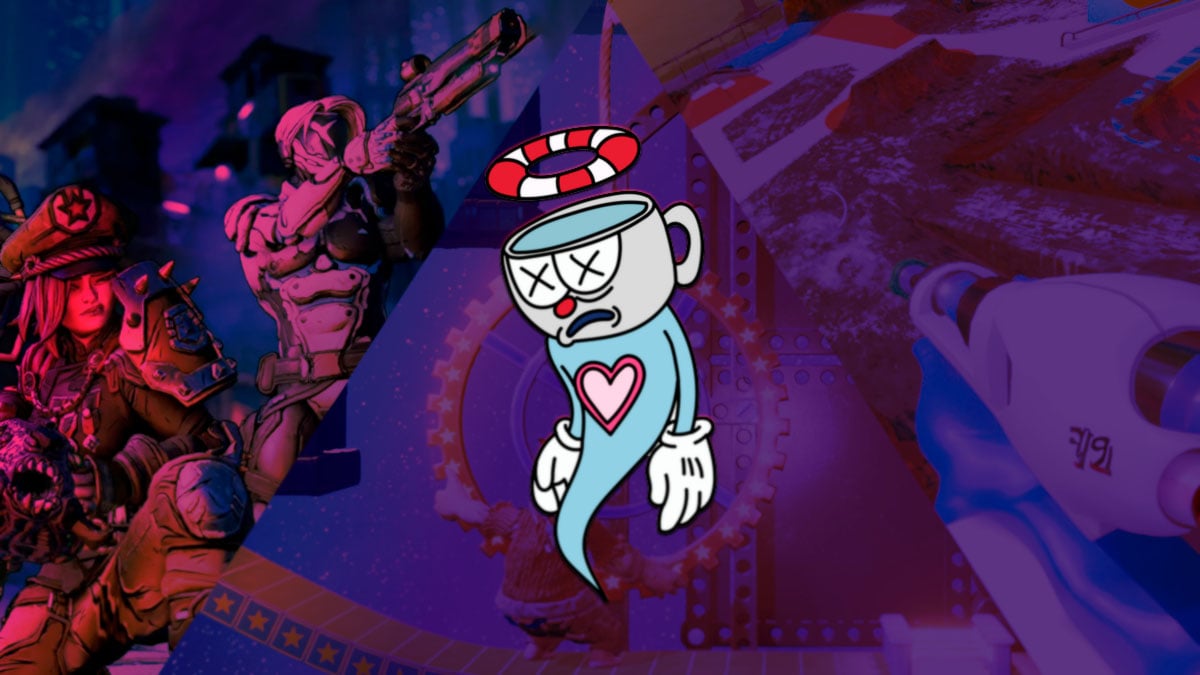
Published: Sep 6, 2023 03:07 pm